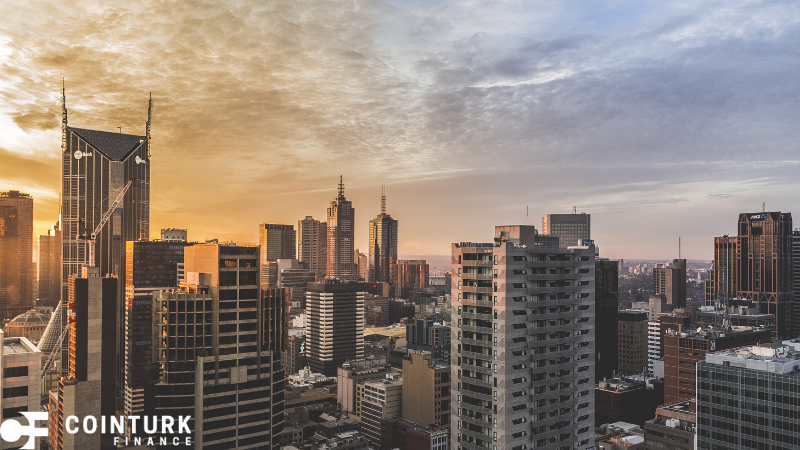“`html
The Yakama Nation has long supported renewable energy initiatives. However, when a 2017 proposal to develop green energy infrastructure threatened their ancestral land at Pushpum, tribal leaders took a stand. This ridge overlooking the Columbia River holds immense cultural significance, providing traditional foods and sacred sites to the Yakama people. The Federal Energy Regulatory Commission’s (FERC) demand for revealing confidential ceremonial and cultural knowledge to consult on the project’s development posed a significant challenge for the tribe, risking desecration and exploitation of their sacred land.
Similar conflicts have arisen in other energy projects, where consultation processes failed to protect tribal confidentiality. For example, during the Horse Heaven Hills wind farm project, private information about tribally significant sites was leaked, compromising tribal interests. This ongoing issue highlights the need for better protective measures for tribal lands and resources.
In another instance, information about culturally important petroglyphs had to be kept secret to prevent looting and vandalism. The lack of consistent and robust protection for Indigenous sites indicates systemic issues within federal and state consultation processes. These historical challenges provide context to the Yakama Nation’s current struggle with FERC over the Pushpum project.
Consultation Dilemmas
FERC’s request put the Yakama Nation in a difficult position. Disclosing sacred information risked exposing these areas to vandalism and misuse, a concern heightened by past experiences of looting and cultural site destruction. The Yakama Nation argued that tribal nations should not have to disclose sensitive details to validate the sanctity of their lands. Despite support from state agencies and at least one federal body, FERC proceeded with the project in February without proper consultation.
Inadequate Protections
The consultation process, required by federal laws and agency rules, often leaves tribes vulnerable. For example, public disclosure of any federal discussions further endangers confidential Indigenous information. This issue became more problematic when FERC designated the developer, not itself, as the body to conduct consultations, a move the Yakama Nation vehemently opposed. The National Historic Preservation Act does allow such delegations but maintains the federal agency’s ultimate responsibility for tribal relations.
The Yakama Nation faced significant risks with FERC’s proposed consultation options, which either compromised their sacred information’s privacy or rendered the process ineffective. Despite the Yakama Nation’s push for nondisclosure agreements, redaction of sensitive data, or withholding information, none of the options adequately protected their cultural heritage.
Key Takeaways
– FERC’s consultation process lacks sufficient protections for Indigenous sacred sites.
– Yakama Nation’s repeated objections highlight the need for better consultation practices.
– Historical instances of leaked cultural information reinforce the tribe’s cautious stance.
FERC’s handling of the Goldendale Energy Storage Project raises broader questions about the effectiveness of consultation processes with tribal nations. The Yakama Nation’s experience underscores the inadequacies in current policies that fail to protect Indigenous sacred lands. The push for renewable energy must consider and respect tribal rights and cultural heritage, ensuring that confidentiality is maintained and tribal nations are genuinely consulted. Moving forward, more robust legal frameworks and protective measures are essential to safeguard Indigenous interests in the face of development projects.
“`










